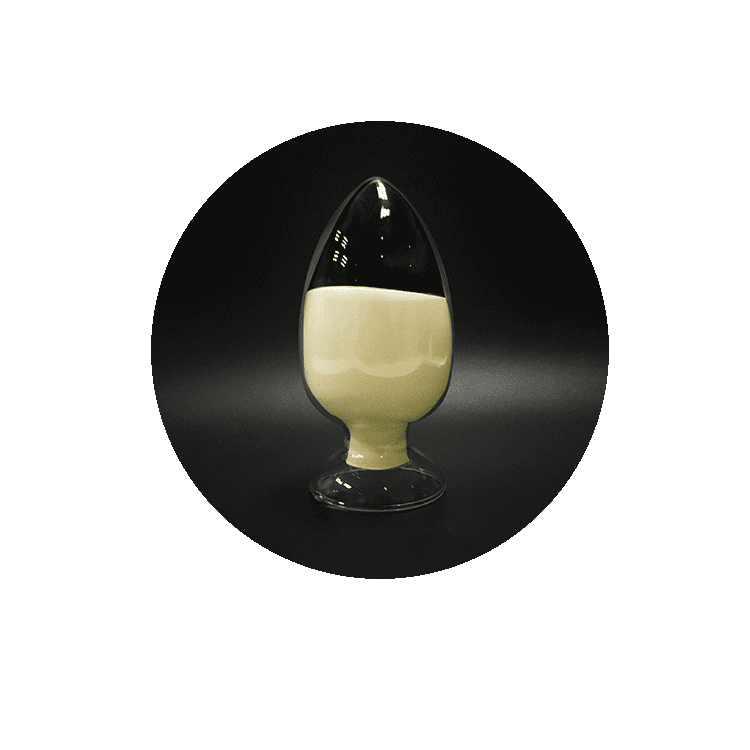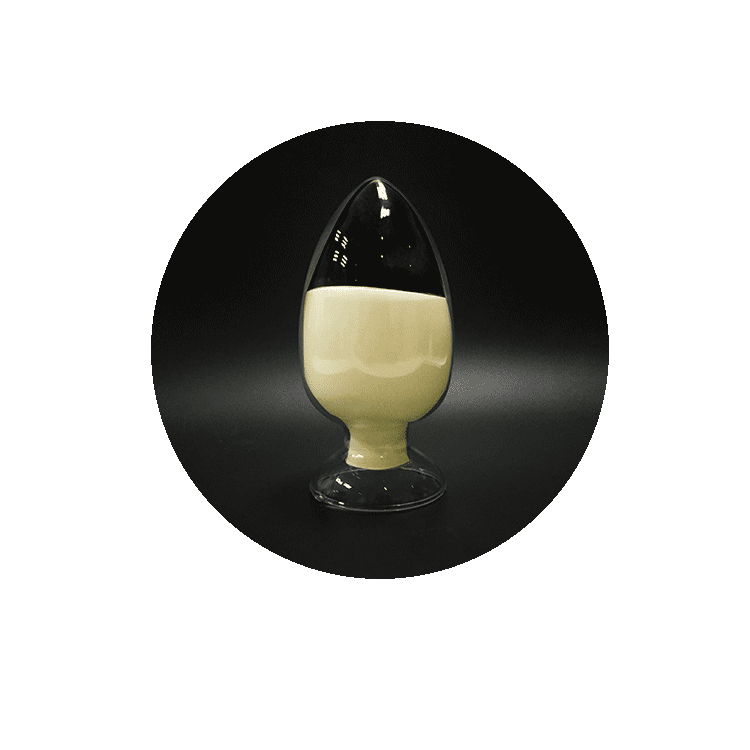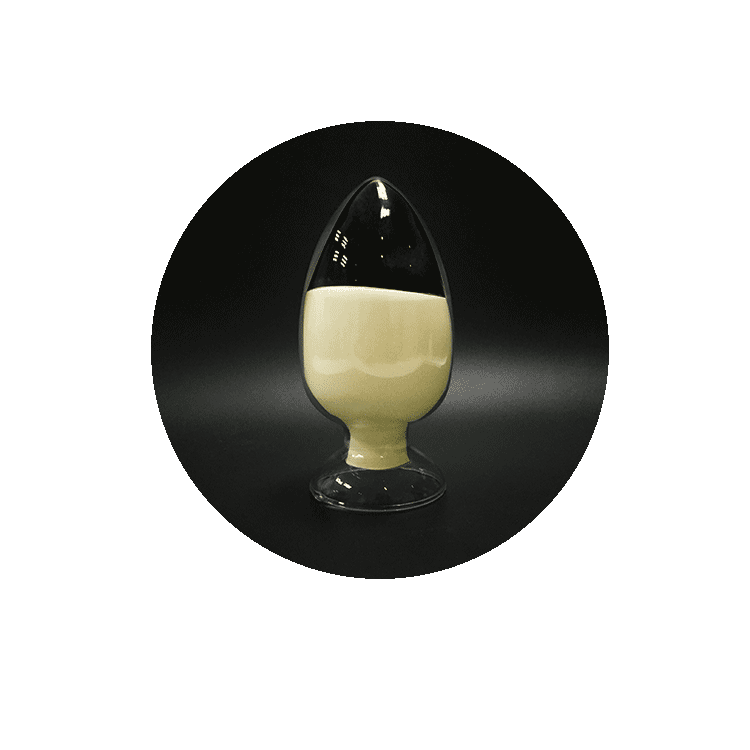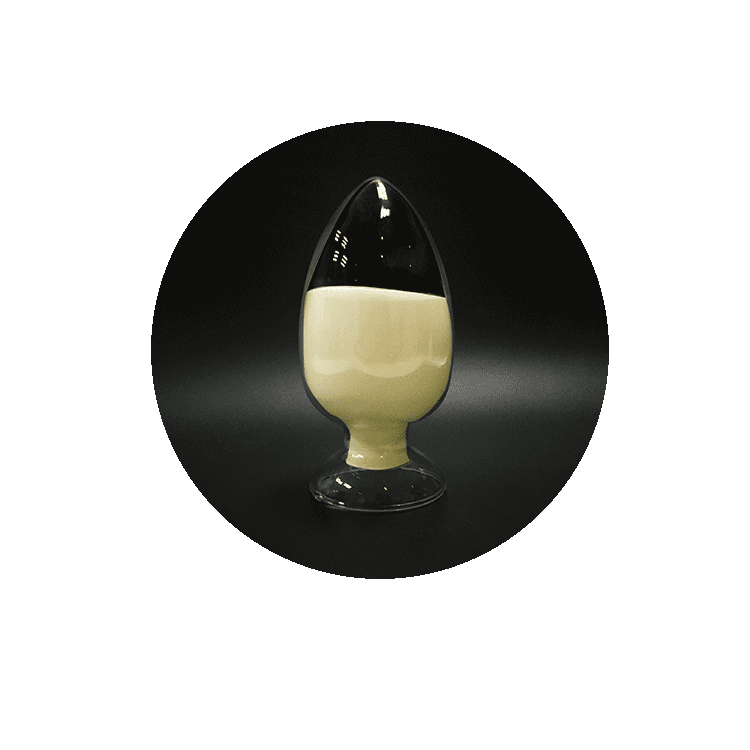Natural Food Preservatives
Each year, about 10%–20% of agricultural and sideline products, aquatic products, fruits and vegetables rot around the world, causing huge economic losses and endangering human health. To resolve this problem, food preservatives are added to food to fight spoilage caused by bacteria, molds, fungus, and yeast. Preservatives can keep food fresher for longer periods of time, extending its shelf life. The common natural preservatives for food industry are also used to slow or prevent changes in colour, flavour or texture and delay rancidity. In addition, preservatives can be applied in medicine, pharmaceuticals, cosmetics and personal care products.
Compared with artificial preservatives (benzoic acid, sodium benzoate, sorbic acid, potassium sorbate, calcium propionate, etc.), natural food preservatives are much less harmful to the human body and have advantages of strong antibacterial activity, safety, no toxicity, good water solubility and thermal stability as well as a wide range of applications.
With customers' pursuit of green and healthy food increasing, Yiming started developing natural preservatives in 2010. By now, Yiming has realized large-scale production of ε-Polylysine and other types of natural food preservatives. We can also provide solutions and customize products according to customers' diversified needs.
Types of Preservatives
Natural Preservatives For Food
-
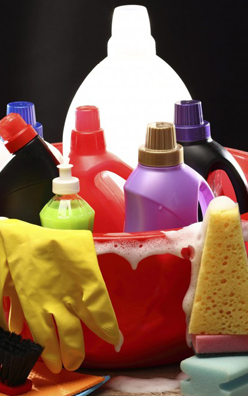
Household Chemicals
wet wipes, shampoo, facial cream -
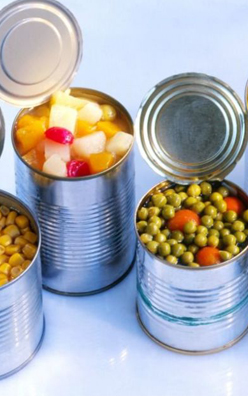
Canned Food
canned meat, canned fruit, canned vegetables -
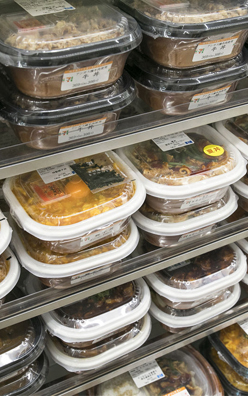
Convenience Food
instant noodles, instant rice -
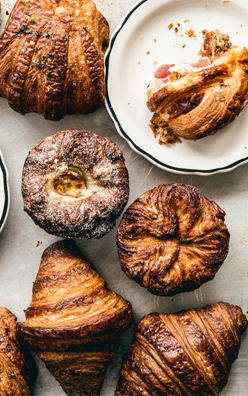
Bakery Products
bread, cakes, pastries
What do Preservatives Do
Preservatives and preservation technologies can prevent rapid deterioration and oxidation of food so as to extend shelf life, allowing food manufacturers to distribute food nationwide and globally without affecting food safety or quality. Two important factors that cause rapid food spoilage are microorganisms and oxidation.
The microorganisms that cause spoilage are harmful bacteria, fungi and yeasts that can grow in our food. These microorganisms feed on the nutrients of food, and if ingested by mistake, they will cause serious harm to the human body. Without preservatives, bacteria such as Listeria and Botox would invade our food. If it is eaten by humans, it will cause us to become seriously ill. Harmful bacteria, fungi and yeasts can grow on food, making them inedible.
Oxidation is the term for certain types of chemical reactions. It can cause undesirable chemical changes, affect food safety and flavor, destroy fat, and may cause vegetables and fruits (such as cut potatoes and apples) to brown. Enzymes and other chemical decomposition processes are responsible for oxidizing food into unpalatable and sometimes unsafe products.
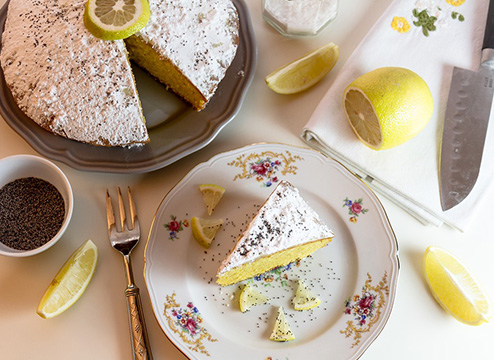
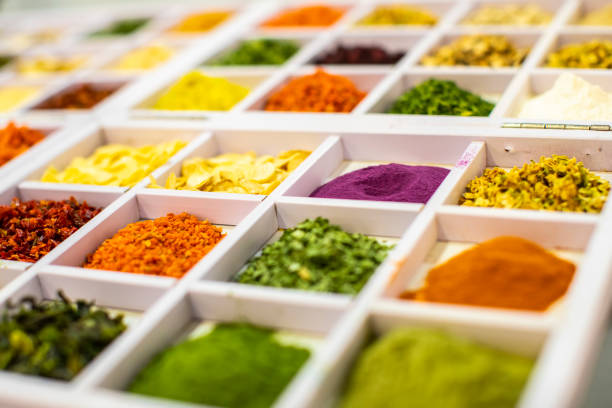
What Are Natural Preservatives Used for?
Natural preservatives for food industry
Natural food preservatives are used to prevent food spoilage caused by bacteria, molds, fungi and yeasts. It can keep food fresh, thereby extending its shelf life. Preservatives in food can also slow or prevent changes in food color, flavor or texture, and to delay rancidity.
Preservatives in medicine
Preservatives are commonly used in medicines such as acetaminophen, insulin, and cough syrup to help prevent microbial contamination. Simply put, preservatives help prevent the growth of microorganisms, especially bacteria and fungi, which may cause disease or infection.
Preservatives in cosmetics and personal care products
Preservatives in cosmetics and personal care products help prevent contamination and the growth of harmful bacteria in products such as sunscreens, lotions and shampoos, cleansers, toothpastes, and cosmetics. Antibacterial preservatives in cosmetics and personal care products help prevent the growth of mold, yeast, and bacteria, and prevent contamination that can cause irritation or infection. Antioxidant preservatives can also help prevent personal care products from spoiling by inhibiting the reactions that may occur when certain ingredients in cosmetics or personal care products combine with oxygen in the presence of light, heat, and certain metals.
FAQs of Preservatives
-
What are preservatives?
A preservative is a natural or synthetic ingredient that is added to products such as foods, pharmaceuticals and personal care products to prevent spoilage, whether from microbial growth or undesirable chemical changes.
-
What are natural preservatives?
Natural preservatives are ingredients that are found in nature and can - without artificial processing or synthesis with other substances - prevent products from prematurely spoiling. These substances are safe and effective alternatives to controversial synthetic preservatives.
-
Is it safe to consume food containing preservatives?
At the permitted level of use and under normal level of consumption, food containing preservatives would not lead to health problems. However, people with allergic conditions may experience hypersensitive reaction to certain preservatives.
-
Why are preservatives used in cosmetic products?
No matter how sterile the manufacturing space and packaging are, as soon as water is introduced into a formulation, microbial growth is inevitable. No matter if the product is synthetic or natural, proper preservation is of utmost importance.

